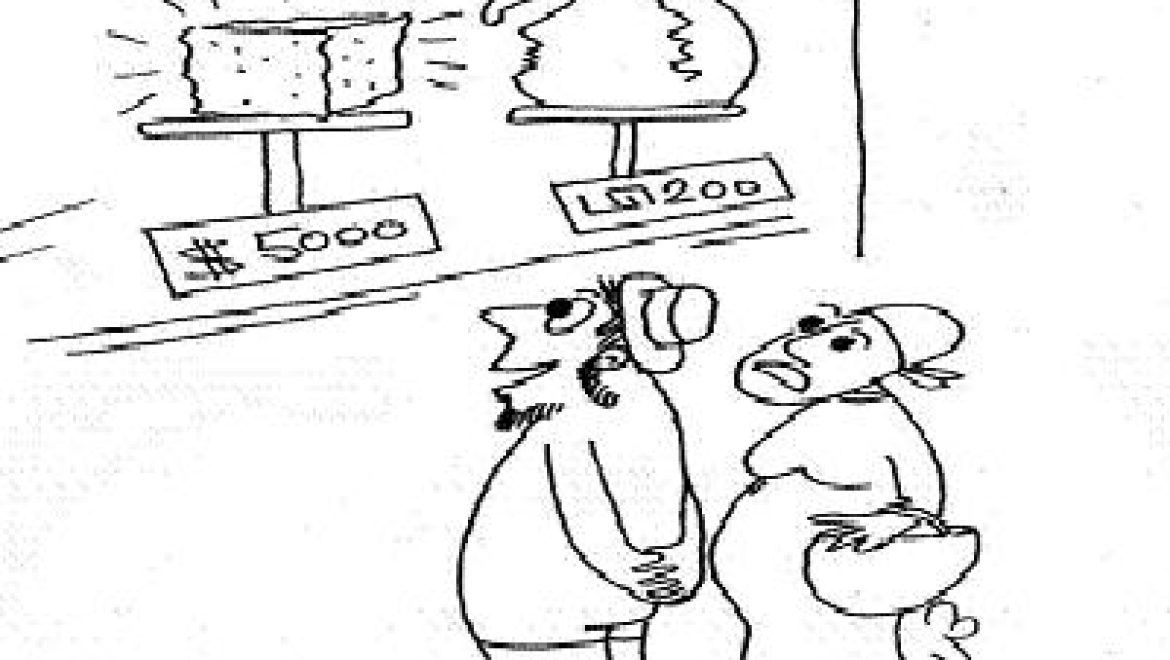
The Babylonian sages supposed that it is inappropriate to wipe one’s anus with pottery for two reasons: pottery causes wounds in the rectum and it can cause the person to be subject to acts of witchcraft. Therefore, it is preferable that one wipe one’s anus with a stone and not with pottery, at least during the six days of the week.
But the sages disagreed about what one who needs to wipe his anus on the Sabbath and only has the choice of a stone or pottery should use.
Each has advantages and drawbacks. The stone: the stone is not a danger and does not lead to subjugation to witchcraft (this is its advantage), but one is forbidden to carry the stone on the Sabbath (this is its drawback). The pottery: one is permitted to carry pottery on the Sabbath (this is its advantage), but pottery is a dangerous thing, as we wrote above (and this is its drawback). So each choice has advantages and drawbacks. Which is the preferable choice for wiping one’s rectum on the Sabbath, the pottery or the stone? One of the sages, Rav Huna, thought that one should use the stone to wipe one’s anus, and not the pottery. A different sage, Rav Chisda, thought that one should use the pottery and not the stone. The scholars asked the sage who preferred the stone: we have an accepted law which explicitly states that if a pebble and a shard lie before one, he must wipe himself with the shard, not with the pebble. The scholars reconciled the contradiction and said that pottery is preferable to a stone when it is part of the lip of a jug, but other bits of pottery are a danger and it is preferable to wipe with a stone.
The scholars continued discussing the issue: if a person has before him, for purposes of wiping his anus, stones and grass, which should he use? One sage preferred a stone over grass, because grass can cut the flesh. A different sage preferred grass over a stone, for one is forbidden to carry a stone on the Sabbath. The scholars questioned the sage who preferred the grass: there is an accepted rule that one should not wipe with grass because it causes the teeth-like glands in the rectum to be torn away. They answered that this is no contradiction, because while one who wipes with dry grass will have the glands torn away, one who uses wet grass will suffer no such damage.
(Babylonian Talmud, Tractate Shabbat 82a)
